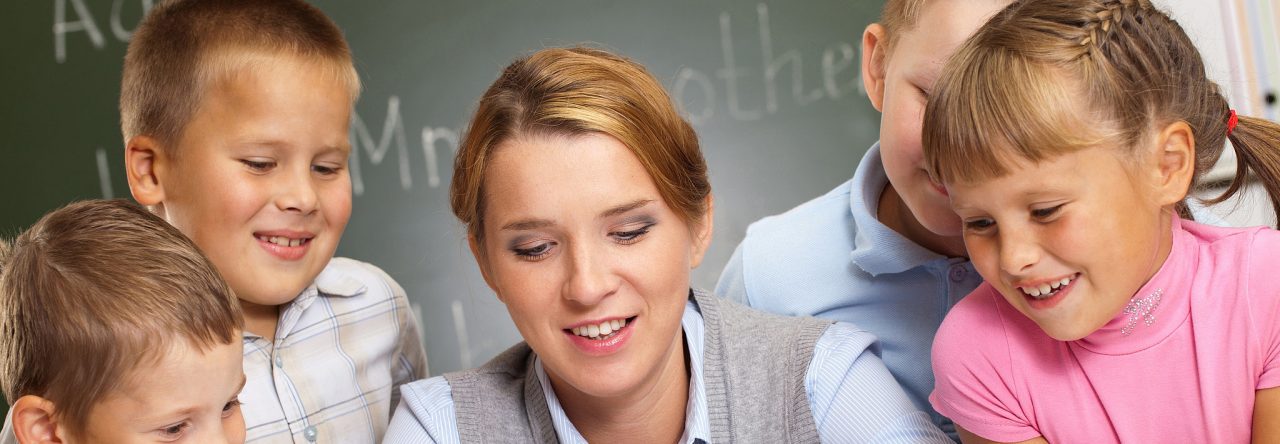Deciding to make a career in early childhood education is a choice for many people. Firstly and most importantly, the first question you should ask yourself is this: “Would I like to work with children?”
If the answer to this is yes, then a career in childhood education is for you. This type of career requires a lot of patience, sensitivity and appreciating different personalities and abilities that you will come across. With children’s energy so high a lot of the time, keeping up with them can be taxing on the body and mind but if you are up to it, the challenge can be very rewarding.

The difference between young children and adolescents
You need to be conscious of young people’s needs, as they are unique. It’s so important in understanding that you are quite possibly the first adult that the young child interacts with beyond their own family home. In the beginning, the separation from the child’s parents is often difficult to overcome. Teachers should help children through the transition. Because of this, children may become attached to you as you are substituting either or both parents. On the other hand, a child may shy away from you completely.
The great teachers among us, easily adapt to their students reactions. In addition, when your students interact with each other, it can often be the first of many interactions with people of a similar age. With this in mind, the teacher takes on the role of a mediator between children who may present problems in learning how to get along, for example in sharing their crayons with others.
Beyond the foundations
Beyond the basic foundations above, teachers should be adaptive and creative to their students individually and as a group. They must learn to see the world through children’s eyes. This empathy is required so the teacher can walk in the shoes of their students in order to deal with situations better.
For example, early on in your childhood education career, learning the motivations of very young children are cruelly important. Or another example would be in knowing how to hold a child’s attention and interest. Making learning fun is part of what helps children in the early years and it also helps teachers through those tough days!
These are some of the things to think about before delving into a career in early childhood education.
Classrooms
Classroom lessons can be very hands-on indeed. With storytelling, arts & crafts, physical education, fun learning games and technology, you should be quick on your feet in adapting to new ways in helping children through their journey of learning.
The next step?
The Early Childhood Education Bachelor’s Degree is a good starting point. After graduating, you should research your county or state’s teaching qualifications and standards as these may vary from place to place. This is essential in earning your official reputable teaching credentials.
There are a number of different areas of further study in early childhood education. In America, The National Council for Accreditation of Teacher Education provides a national certification. In order to teach in a Montessori school, there is a specific Montessori teacher education program necessary to complete. Upon certification, the next and most important step is to start building your career in the trenches – through real classroom experience.
It is common for a lot of preschool and Montessori teachers to start their careers as teaching assistants in order to get the practical experience in classrooms, prior to going on to do teacher training. Of course with competition high and with the attractive qualities of this career, having a Masters in Eduction and/or additional qualifications relevant to the type of teaching position you are applying for will certainly help you stand out from the crowd.

